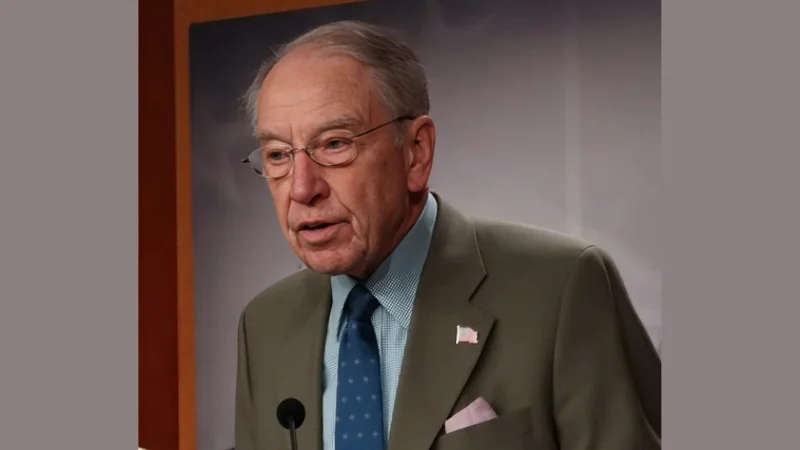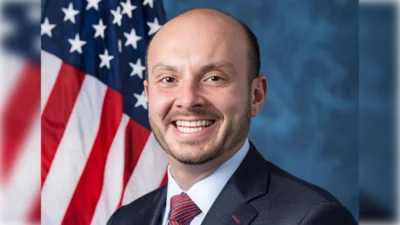Senate Judiciary Committee Chairman Chuck Grassley addressed the Senate floor to discuss concerns about the use of artificial intelligence (AI) in federal courts. Grassley recently identified two federal judges whose court staff used AI to draft court orders that contained significant errors, which the judges then approved.
Grassley described how one judge from the Southern District of Mississippi issued an order naming parties not involved in the case, misquoting statutes, and referencing nonexistent evidence and declarations. Another judge from the District of New Jersey issued an order with fabricated quotes and incorrect statements about case law. Both judges removed their flawed orders from public records without explanation after these issues were brought to their attention.
According to Grassley, "Both judges’ errors are obviously reckless and unacceptable. But it gets worse." He added that when counsel highlighted these mistakes, both judges tried to minimize their responsibility, with one referring to them as “clerical” errors.
Grassley emphasized that accountability should apply equally across all officers of federal courts: "Apparently, some judges think accountability runs only one way. But they are wrong." He cited a Fifth Circuit opinion stating, “The use of AI or other technology does not excuse carelessness or failure to follow professional standards.”
The two judges responded to Grassley's inquiries by explaining that staff members—a law student intern in one case and a law clerk in another—were responsible for generating the errors through misuse of AI. However, Grassley asserted: "A lawyer can’t excuse an error-ridden brief by blaming a paralegal or junior associate. Attorneys’ names go on their filings, just as judges’ names go on their orders."
He also expressed concern that such mistakes could harm litigants who lack resources or legal representation: "I fear that if this same thing happened to an indigent party or a pro se litigant, the truth may never have come to light."
Grassley called for formal measures across the judiciary: "I call on every judge in America to take this issue seriously and formalize measures to prevent the misuse of AI in their chambers." He also urged action from judicial oversight bodies: "I also call on the Administrative Office of the U.S. Courts and the Judicial Conference to quickly develop decisive and meaningful guidance on the use of AI by the judiciary."
As a response within the judiciary, Judge Cronan in the Southern District of New York has adopted new rules requiring attorneys using AI for court filings to disclose its use and certify personal review for accuracy.
Grassley concluded his remarks by warning that if necessary reforms do not occur within the judiciary itself, Congress may intervene: "If this issue doesn’t get fixed by the Judiciary, we’ll step in to protect the rights of American litigants using the powers available to Congress."









